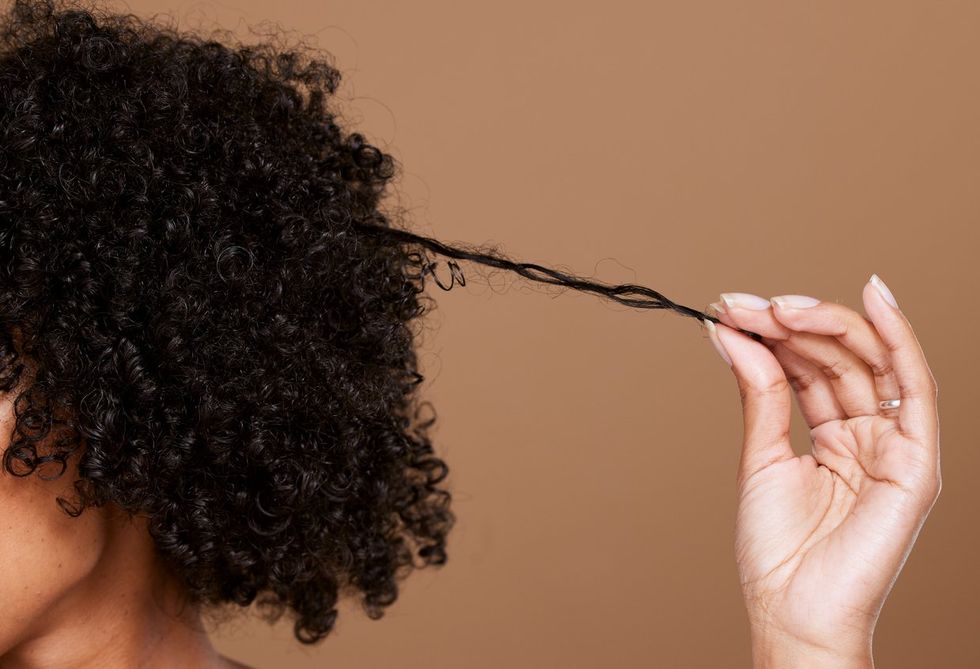Harry Fletcher
Sep 05, 2023
Is This the Moment Humans Broke Away From Evolution? | Unveiled
WatchMojo - Unveiled / VideoElephant
Curly hair may have been absolutely critical to humans evolving millions of years ago, scientists have discovered.
In fact, having curly hair could have been the key reason as to why humans developed, grew taller and came to have larger brains.
It’s all to do with regulating body temperature, according to a new study by researchers at Penn State University.
Given that hair can help to protect the head from the sun’s rays, it’s thought that thicker, curlier hair types could have been key to human life progressing in Equatorial Africa.
Scientists recreated the kinds of conditions that early humans would have experienced, using wigs featuring different hair types on models. They found that curls were most effective in keeping the models cool in an environment measuring 86 degrees Fahrenheit (30 degrees Celsius) and 60 per cent humidity.

Tina Lasisi is the study's lead author. She spoke to Newsweek about the findings and said: "We hypothesized that tightly curled scalp hair would provide some benefits, but the extent of these benefits was uncertain.
"Previous studies on mammalian coats have shown that hair can limit the amount of sunlight reaching the skin, but we were particularly surprised by the significant reduction in solar heat radiation impact provided by tightly coiled hair.”
The reduction in heat caused by tight curls could have led to the development of larger brains.
"Once humans developed large brains, they could employ other behavioral and social strategies to cope with heat, potentially diminishing the relative advantage of curly hair," she said. "This could have led to a diverse distribution of hair textures worldwide. Furthermore, since straight hair better retains heat, populations in colder environments may have experienced selective pressure for straight hair."
She added: "Future research should aim to answer these questions by incorporating our data into mathematical models of human physiology or conducting experiments with human subjects who have different hair textures to examine the impact on their thermal regulation.”
Sign up for our free Indy100 weekly newsletter
Have your say in our news democracy. Click the upvote icon at the top of the page to help raise this article through the indy100 rankings
Top 100
The Conversation (0)














